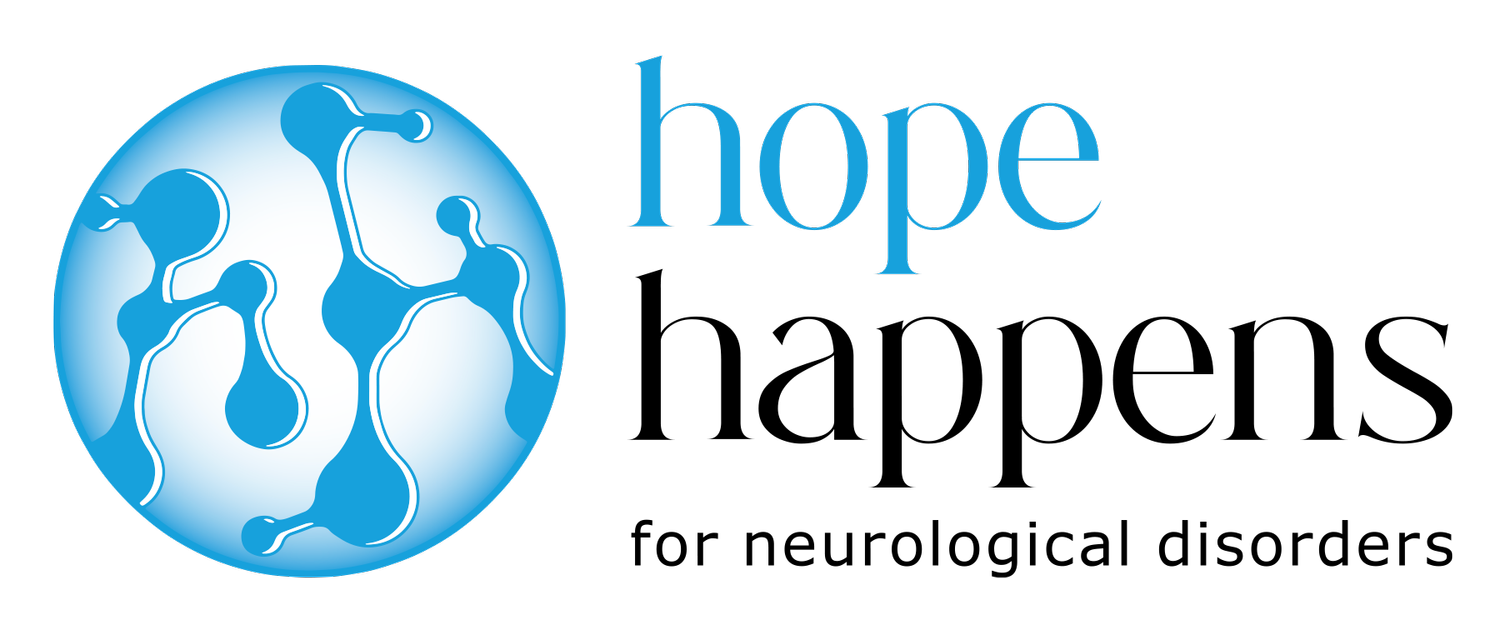Planned giving
Making charitable contributions is an art—a creative process that adapts to changing needs and wishes of the donor. Planned or legacy giving is an increasingly popular way for individuals of all financial circumstances to make charitable gifts, enabling a donor to arrange charitable contributions in ways that maximize his or her personal objectives. Indeed, there are a variety of plans designed to ensure a gift will be put to the best possible use and fit the donor’s financial needs and objectives. We are pleased to outline several opportunities you may wish to consider as you plan your own charitable gifts.
Donor Benefits
Private philanthropy is the foundation of almost every nonprofit organization, including Hope Happens. To preserve the memory of a loved one, to fulfill a moral obligation, to express gratitude for a service well-performed, to demonstrate deep-felt humanitarian concerns—these are some of the reasons hundreds of thousands of people each year contribute to charitable organizations. Of course, charitable gifts also positively affect an individual’s tax liability, and they can reduce costs and time in estate settlement.
Types of Planned Gifts
There are many ways to make a planned gift. The most popular gifts include naming Hope Happens as a beneficiary in a will, making Hope Happens beneficiary of a life insurance policy, making a gift of tangible personal property (such as a work of art) or real estate.
Outright Gifts
Outright gifts are available immediately for use by Hope Happens. They may be used or sold for cash. Examples of such gifts include cash, securities, real estate, tangible personal property and paid up life insurance policies.
Cash
Cash is the simplest, most direct, and most popular type of charitable gift to Hope Happens. A gift of cash is tax deductible and because of that fact, the net cost of the gift to the donor can be much less than the actual amount of the gift.
Securities and Real Estate
Popular alternatives to cash are gifts of appreciated property, such as securities and real estate. Such gifts generate a double tax benefit. In addition to realizing an income-tax charitable deduction for the full fair-market value of the property, the donor escapes any potential tax on the capital-gain element in the gift property. To qualify for this double tax benefit, the property must have been held for more than one year.
Tangible Personal Property
As with gifts of security or real estate, a donor is entitled to a charitable deduction for gifts of tangible personal property, such as works of art or rare coins or stamp collections.
Deferred Gifts
Deferred gifts are not available for use by Hope Happens immediately. They become available only after the death of the donor, or for certain trusts, a period of years. Examples of such gifts include bequests and gifts of life insurance. Deferred gift vehicles provide donors the opportunity to help ensure the future of the organization.
Bequests
A bequest is the most common form of planned gift. A bequest is actually an element of a person’s will that speaks to the making of a charitable gift. Bequests enable individuals to make significant gifts that they may not have been able to make during life. Bequests can take many forms and specific language requirements do exist.Many people have found the bequest to be an excellent way to make a meaningful charitable gift. Effective planning permits virtually anyone to reap the personal satisfaction that comes from making a bequest gift, a gift that is made without jeopardizing the financial security of the donor’s family.To memorialize their philanthropic interests, individuals may use different bequests. The choice depends on each person’s unique circumstances and personal and financial objectives.A specific bequest identifies particular assets to be gifted, while a general one provides a certain sum as the subject of the gift. A percentage bequest expresses the gift as a percentage of the total estate, regardless of size. This bequest provides more flexibility in a volatile market.It is also possible to make a gift of what is left after taxes, debts, expenses and other bequests have been satisfied (a residual bequest), or the gift may be conditioned on the occurrence of some event, such as an intended beneficiary predeceasing the donor (a contingent bequest). In addition to the personal satisfaction of making a philanthropic bequest, there are definite tax benefits.
Life Insurance
While most people own some form of life insurance because of its unique ability to meet a variety of needs for financial protection, its role in planned giving is frequently overlooked. Life insurance itself can be the direct funding medium for a gift, permitting the donor to make a substantial gift for a relatively modest cash outlay.Depending on the arrangement of the gift, life insurance can create a number of favorable tax consequences.
If you would like more information about gift planning, contact Hope Happens at 314-725-3888 or your own financial planner.
